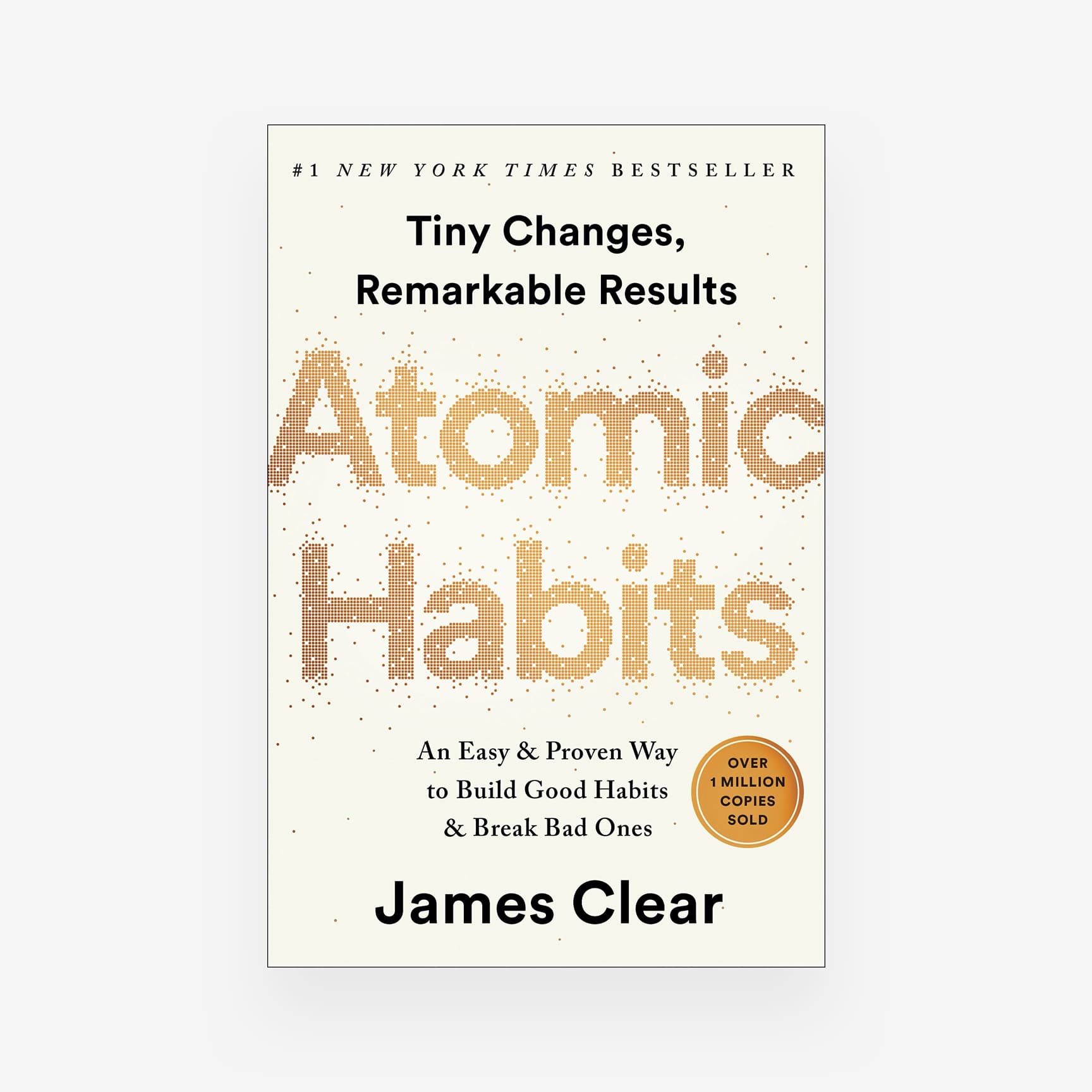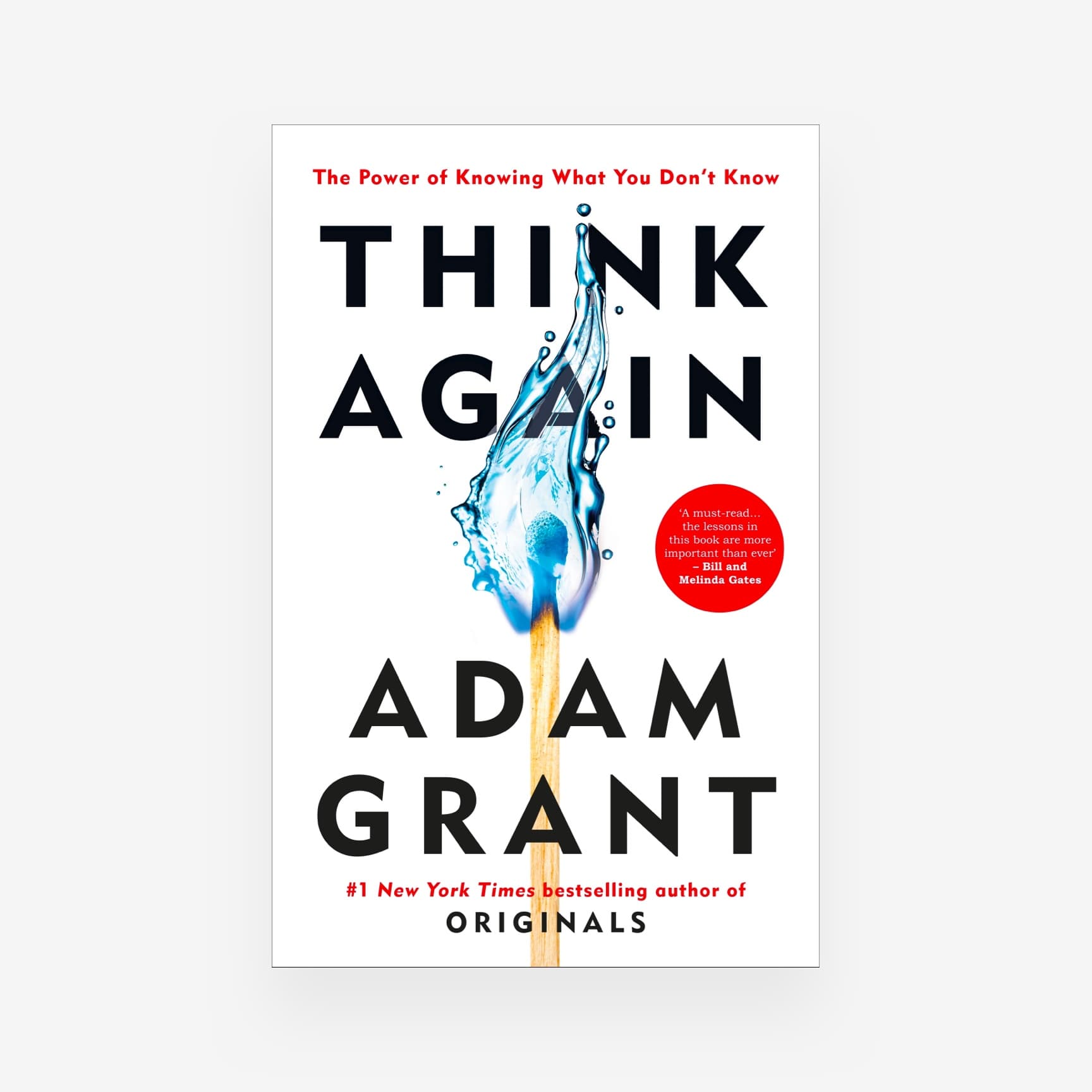Maintaining a healthy work-life balance can be difficult, but it's crucial.
Frequently, our jobs become the central focus of our lives. The pressure to achieve professional success can lead us to neglect our own needs. Finding a balance between work and personal life is important for our physical, emotional, and mental health as well as our professional success.
Right now, this article will share some strategies for striking a better balance between work and personal life.

Photo from the wires
What is the meaning of "work-life balance" and why is it so crucial?
In a nutshell, "work-life balance" refers to the point at which one's professional obligations and personal obligations are in harmony. Common causes of an unsatisfactory work-life balance include:
- Workload expansion
- Increased accountability
- Putting in additional hours
- Responsibility at home grows exponentially when a family expands
Think about how you can strike a good work-life balance as you construct your ideal schedule. Having a work-life balance is less about allocating a specific number of hours per day to each aspect of your life and more about being able to get things accomplished in your professional life while still having enough time to appreciate your personal life. Putting in extra time at the office one day may free up more time for fun pursuits later in the week.
Here are eight suggestions for improving one's work-life balance and for being a more encouraging leader.
1. Recognize that you'll never find the 'perfect' work-life balance.
Many people's mental images of "work-life balance" include a highly efficient day at work followed by time spent with loved ones. Although this is ideal in theory, it is not always feasible in practice.
Aim for a reasonable schedule, not perfection. It's normal to devote more time and effort to work on certain days and much more to your interests and loved ones on others. Maintaining equilibrium is not something that can be accomplished on a daily basis.
2. Find a job that you’re passionate about.
Although having a job is part of being an adult in modern society, it shouldn't limit you. Simply put, you will never find happiness if your work is something you despise. You shouldn't have to be completely enamored with your work, but it should be interesting enough that you look forward to starting your day.
3. Always put your health first.
Prioritize taking care of yourself physically, emotionally, and mentally. If you suffer from anxiety or distress and believe therapy could help, make time for it even if it means missing work or skipping a spin class in the evening.
Calling in sick on bad days is acceptable if you are dealing with a chronic illness. Your health suffers if you overwork yourself, which may lead you to take more time off in the coming years.
4. Have courage to take a break from technology.
We can recharge from the week's stresses and make room for new ideas and perspectives by isolating ourselves occasionally. Even small changes, like using your daily commute to focus on meditation rather than checking work emails, can help you disconnect from technology and focus on what really matters.
To achieve your goals, it is essential that you take time to relax and rejuvenate outside of work.
5. Relax and take a break.
Taking a vacation and leaving all work behind is sometimes necessary to truly unplug. It's important to take time off, whether it's a one-day staycation or a two-week trip to Bali, in order to refresh your body and mind.
Taking a vacation makes a lot of people nervous because they know they'll come back to a mountain of unfinished work. You shouldn't let that worry prevent you from taking a break when you need it.
The management of one's own self isn't enough to be successful in the workplace today. Instead, one needs to manage their own portfolio. At first, this may seem to add to the chaos, but in the long run, it makes people happier and helps local groups become stronger and more flexible.






















